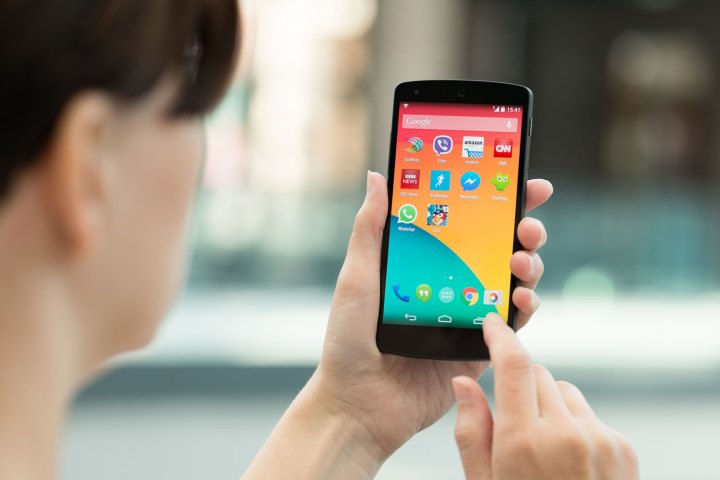
This follows months of speculation from developers, after odd bits of code from OpenJDK were spotted on Android updates. Google still hasn’t given a date for the Android N launch, so this gives developers a few months to read up on the differences between Java and OpenJDK.
On the user end, nothing will change. Most of the APIs and important systems are covered on OpenJDK, but it will mean a new standard for developers.
“Google has long worked with and contributed to the OpenJDK community, and we look forward to making even more contributions to the OpenJDK project in the future,” said Google in a statement to Venturebeat.
Oracle filed a copyright lawsuit against Google in 2010 for the use of 37 Java APIs. A federal district court originally ruled in favor of Google, but last year a U.S. Court of Appeals reversed, and ruled in favor of Oracle.
Moving to OpenJDK might therefor be a damage control move, to ensure Oracle cannot ask for more in the settlement. The U.S. Supreme Court has declined to hear Google’s further appeal.
Oracle has not commented on Google’s decision to switch to OpenJDK.
We don’t know all of what is going on behind the scenes, so all of the reasons behind the move are pure speculation for the moment. For all we know, this might have been the plan even before Oracle won the court case, and Google is just coming round to implementing it.
Editors' Recommendations
- The 6 biggest announcements we expect from Google I/O 2024
- Google just announced 8 big Android updates. Here’s what’s new
- Your next Samsung phone might ditch Google Search for Bing
- Your Google One plan just got 2 big security updates to keep you safe online
- Google just announced 9 new features for your Android phone and watch